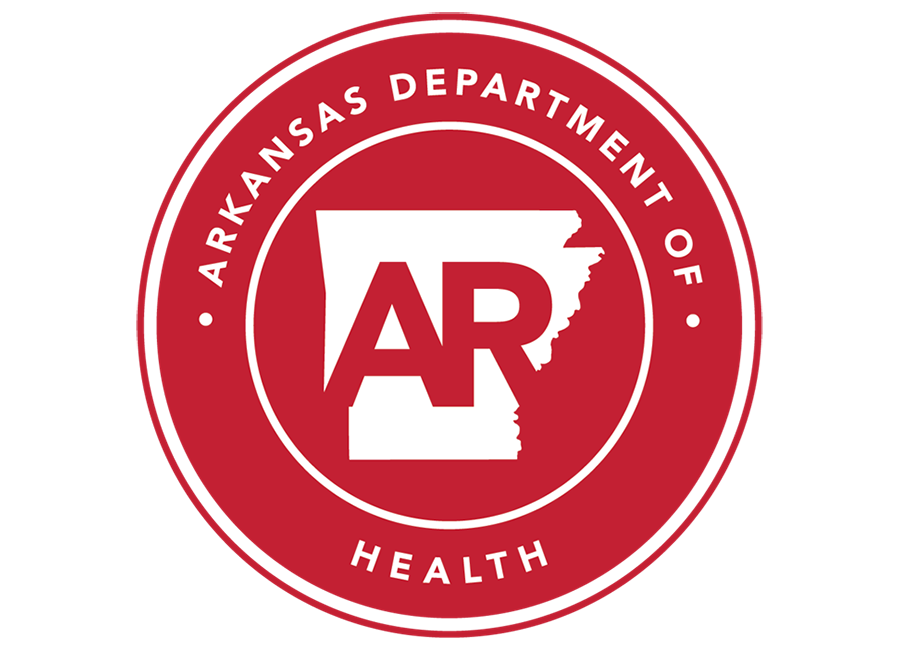Latest E. coli Updates
Sept. 27, 2023
ADH Investigation Concludes, Source Remains Unknown
The Arkansas Department of Health (ADH) confirmed this week that its investigation of an E. coli outbreak in Northwest Arkansas has concluded without a source being identified. Results from food sample tests for E. coli bacteria and surveys of sick individuals did not pinpoint a source of the August outbreak.
ADH previously confirmed it has no reason to believe the outbreak is connected to the university's public dining facilities.
More than 3,200 people were surveyed as a part of the investigation, which identified 37 probable cases and five confirmed cases. ADH previously confirmed that four of the confirmed cases required hospitalization but were later discharged. No new E. coli cases connected to this outbreak have been reported in Northwest Arkansas since Aug. 25.
Sept. 7, 2023
ADH Confirms No New Cases Reported
The Arkansas Department of Health (ADH) confirmed Thursday that no new E. coli cases have been reported in Northwest Arkansas since its last update on Aug. 25. ADH also confirmed that all of the previously hospitalized individuals who tested positive for E. coli have been discharged.
At this time, results from food sample tests for E. coli bacteria have not pointed to a source of the August outbreak. ADH previously confirmed it has no reason to believe the outbreak is connected to the university's public dining facilities.
More information about the outbreak and E. coli precautions are included at the Latest E. coli Updates online resource provided by Pat Walker Health Center.
August 31, 2023
ADH Provides Update on E. coli Outbreak
The E. coli outbreak in Northwest Arkansas seems to be past its peak with no new symptom onset reported since Aug. 25.
The ADH confirmed in an update with the university Thursday that 42 individuals have been identified as part of the outbreak out of more than 3,200 surveyed. Of that number, 37 are probable cases based on reported E. coli symptoms while five cases have been confirmed with positive tests. The number of individuals impacted may change as the ADH continues to investigate. Original estimates of the number of individuals who may have impacted were reduced after those with similar symptoms but no link to the outbreak were sorted out from those with true E. coli symptoms.
The ADH also revised its case count of those hospitalized, confirming that a total of four individuals have been hospitalized during the outbreak. Two of those individuals remain hospitalized while two have been discharged. A previous hospitalization has been ruled out as being part of the outbreak.
The Arkansas Department of Health’s investigation does not point to a clear food source at this time, but the ADH continues to await food sample test results. ADH has confirmed it has no reason to believe the outbreak is connected to the university's public dining facilities.
Based on what is known about the onset of E. coli-related symptoms, the outbreak appears to have started approximately two weeks ago. Symptoms usually start 3 to 4 days after ingesting the bacteria.
Because the bacteria is also transmissible, it is important to practice proper hygiene, especially good handwashing, at all times, on and off campus. The university has increased its surface cleaning and sanitizing protocols to help mitigate the spread.
In addition, practice other general E. coli prevention practices including cooking meats thoroughly; washing fruits and vegetables well under water; avoiding cross contamination; avoiding raw milk, unpasteurized dairy products, and unpasteurized juices; and following the four steps to food safety when preparing food: clean, separate, cook, chill.
Severe E. coli Symptoms Require Medical Attention
Seek medical attention right away if you have any severe E. coli symptoms, including:
- Diarrhea and fever higher than 102°F
- Diarrhea for more than 3 days that is not improving
- Bloody diarrhea
- So much vomiting that you cannot keep liquids down
- Signs of dehydration, such as decreased urination, dry mouth and throat, dizziness when standing up
- Practice proper hygiene, especially good handwashing.
- coli are a diverse group of bacteria that normally live in the intestines of humans and animals. Although most strains of these bacteria are harmless, some produce toxins that can make you sick, such as Shiga toxin-producing E. coli (STEC). Most people infected with Shiga toxin-producing E. coli experience severe stomach cramps, diarrhea (often bloody), and vomiting. Symptoms usually start 3 to 4 days after swallowing the bacteria. While most recover quickly, some people may develop a type of kidney failure (hemolytic uremic syndrome, also called HUS) and would need to be hospitalized. Antibiotics are not recommended for patients with suspected E. coli infections until diagnostic testing can be performed and E. coli infection is ruled out.
Current information and any additional updates about the outbreak will be added to the Latest E. coli Updates online resource provided by Pat Walker Health Center.
August 28, 2023
 Arkansas News article entitled, "Arkansas Department of Health Investigating E. coli Cases; Students Report Symptoms"
Arkansas News article entitled, "Arkansas Department of Health Investigating E. coli Cases; Students Report Symptoms"
|
While most people recover from E. coli-related illness without treatment after 5 to 7 days, individuals who experience severe E. coli symptoms should seek medical attention right away. |
August 25, 2023
Arkansas Department of Health Media Update
Dr. Naveen Patil, Deputy State Health Officer for the Arkansas Department of Health (ADH), addresses media questions in a previously recorded video conference.
August 24, 2023
Initial Notification From Arkansas Department of Health and U of A
